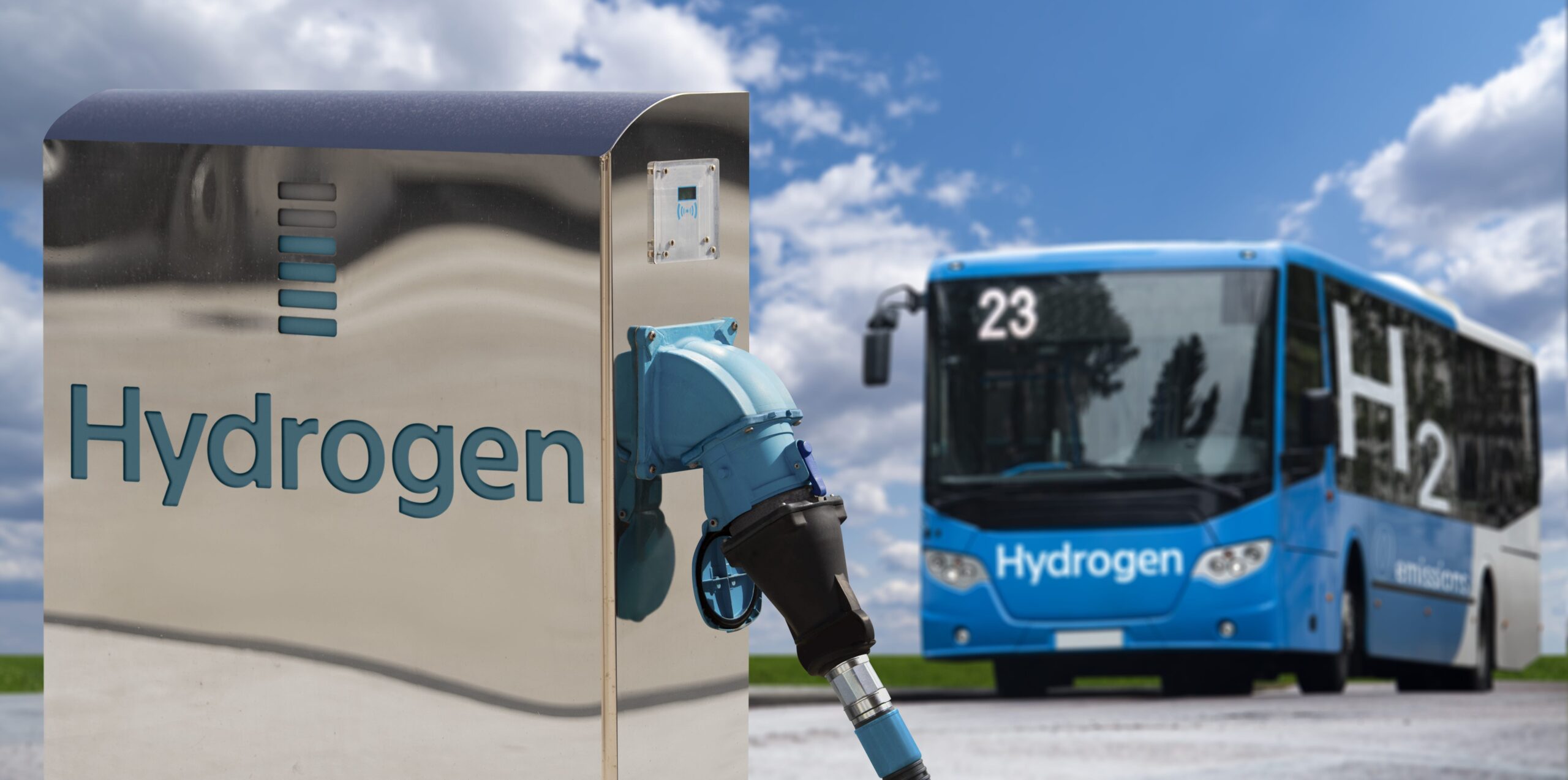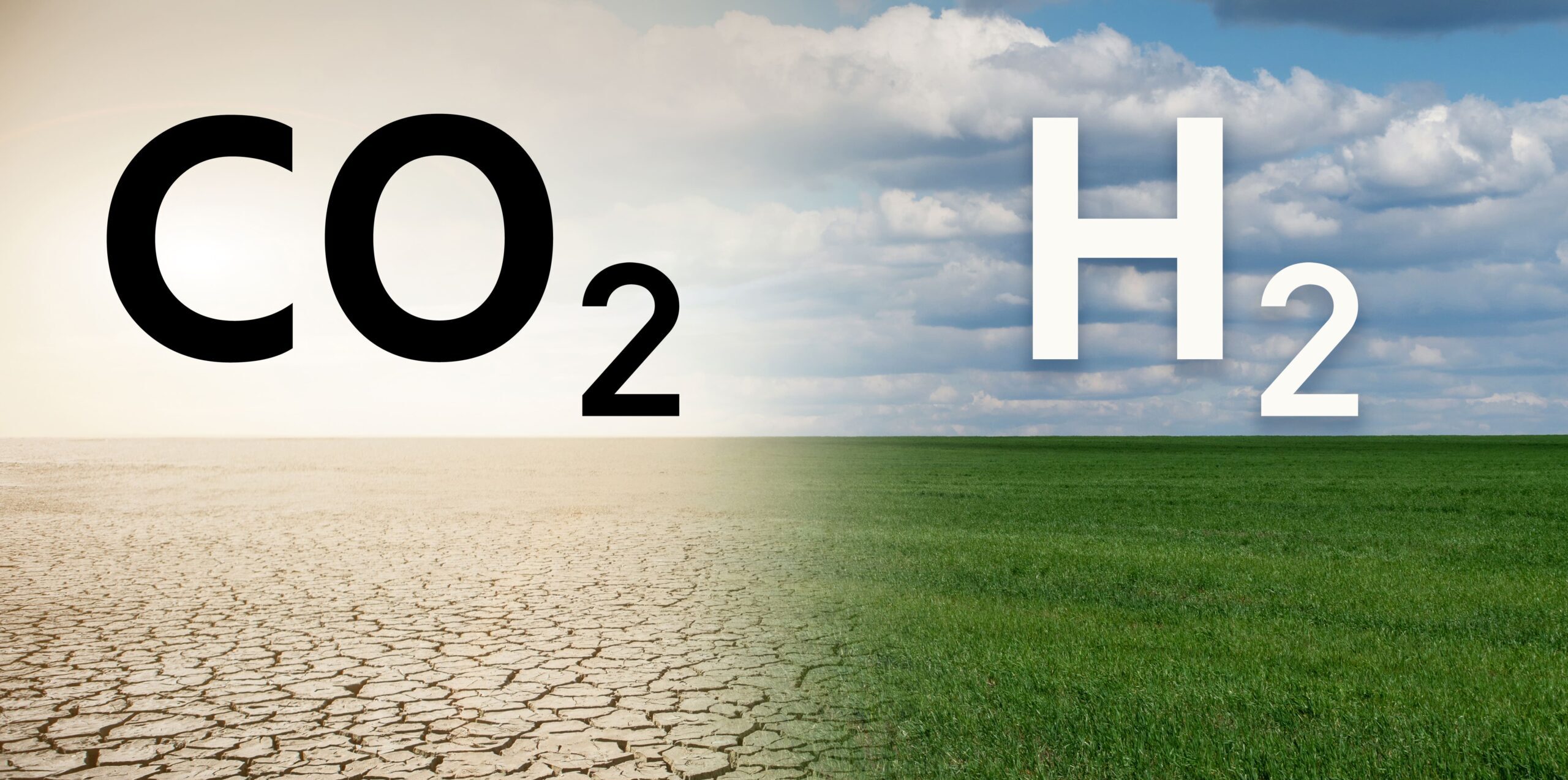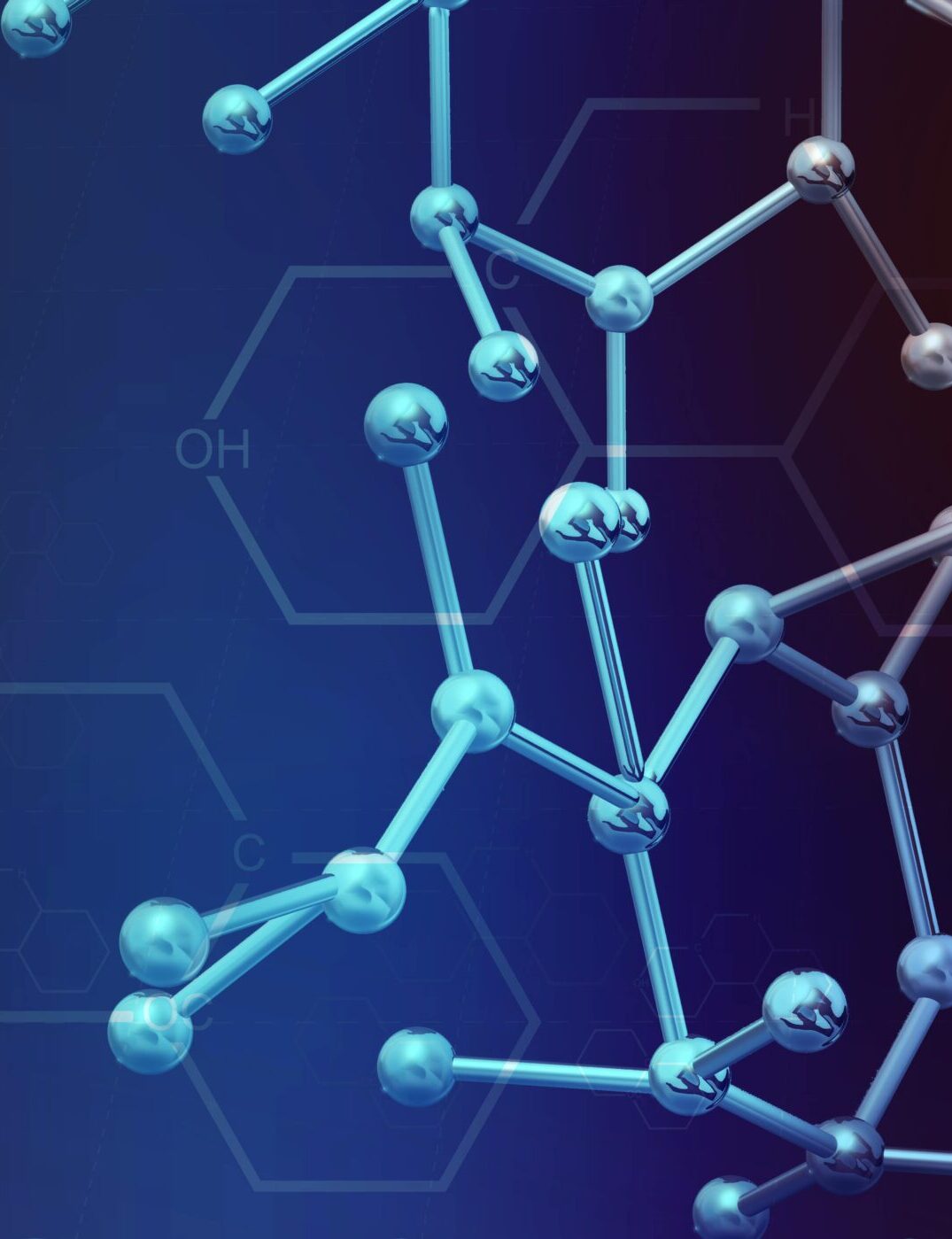New Projects in 2022
Our Project
What we do in 2022
Hybrid Hydrogen Fuel Cell Projects
The following new strategy of AUFU is to focus on investing in renewable energy projects. The hydrogen fuel cell is an up-and-coming new energy source. This energy utilization can effectively reduce fossil fuel consumption and carbon dioxide emissions.
A fuel, such as hydrogen, is fed to the anode, and air is fed to the cathode. In a hydrogen fuel cell, a catalyst at the anode separates hydrogen molecules into protons and electrons, which take different paths to the cathode. The electrons go through an external circuit, creating a flow of electricity.
Project 1: Processing

Metal-Supported Solid Oxide Fuel Cell for Electric Vehicles
To develop new power generator technology for transportation to improve vehicle power efficiency and reduce greenhouse gas emissions.
Project 2: Planing

High-temperature Solid Oxide Electrolysis Cells
To develop next generation SOECs using perovskite-based cathode together with scale-up engineering for rapid and significant production of H2, CO and syngas.
The First Project
Metal-Supported Solid Oxide Fuel Cell for Electric Vehicles
- Processing
AUFU Group Pty Ltd is collaborating with the University of Adelaide to develop new power generator technology for transportation to improve vehicle power efficiency and reduce greenhouse gas emissions.
The largest energy consumption in Australia is transportation (approximately 28%) with the majority of that consumed in cars and trucks. Furthermore, it is expected to increase 1.8% annually in next 10 years. Advanced and novel mobile power generators are needed to improve the vehicle power efficiency and reduce greenhouse gas emissions. SOFC operates at high temperature and has high efficiency, low emissions. High temperature operation offers many advantages, including fuel flexibility, tolerance for gas impurities, high reaction rate and without using previous metal as the catalyst thus much more cost-effective. However, it is seldom used in vehicles due to the longer start-up times and poor mechanical and chemical compatibility issues. The development of next-generation SOFC technology to overcome these shortcomings is of great significance and has great potential for electric vehicle applications.
Massive Potential
Hybrid hydrogen fuel cell project is an eco-friendly and low-cost technology about Hybrid power, which will be the main type of power in the future.
Reliable Project with Us
This project has already been applied in the Australian Research Council (ARC), and the application ID is LP210301397, to develop high-performance cathode materials.
Research and Experts Support
The research group is led by Prof. Shizhang Qiao, A/Prof. Yao Zeng and Dr. Xiaoyong Xu have outstanding achievements in Solid Oxide Electrolysis Cells.
The Second Project
High-temperature Solid Oxide Electrolysis Cells
- Planning
High-temperature solid oxide electrolysis cells (SOECs) have attracted increasing research interest, particularly to convert water (as steam) and CO2 directly to value-added fuels including, H2 and CO via electrochemical water/CO2 reduction reactions, WRR/CRR) (Figure 1). Because of relative thermodynamically stability of molecules of water and CO2, the efficiency of low-temperature water splitting electrolysers, e.g. polymer electrolyte membrane electrolyser operated at 80 oC, is low and precious metal catalysts, such as Pt, and IrO2 are inevitable. Therefore high-temperature SOECs operating at 700-800 oC are beneficial because this results in faster kinetics and use of non-precious catalysts. However, conventional Ni-based SOEC cathodes have several drawbacks for WRR and CRR including, high overpotential loss associated with CO2 activation, Ni redox stability and carbon deposition. These significantly hinder commercialization of SOECs compared with widely used low-temperature electrolysers. AUFU is collaborating with The University of Adelaide to develop next generation SOECs using perovskite-based cathode together with scale-up engineering for rapid and significant production of H2, CO and syngas.

